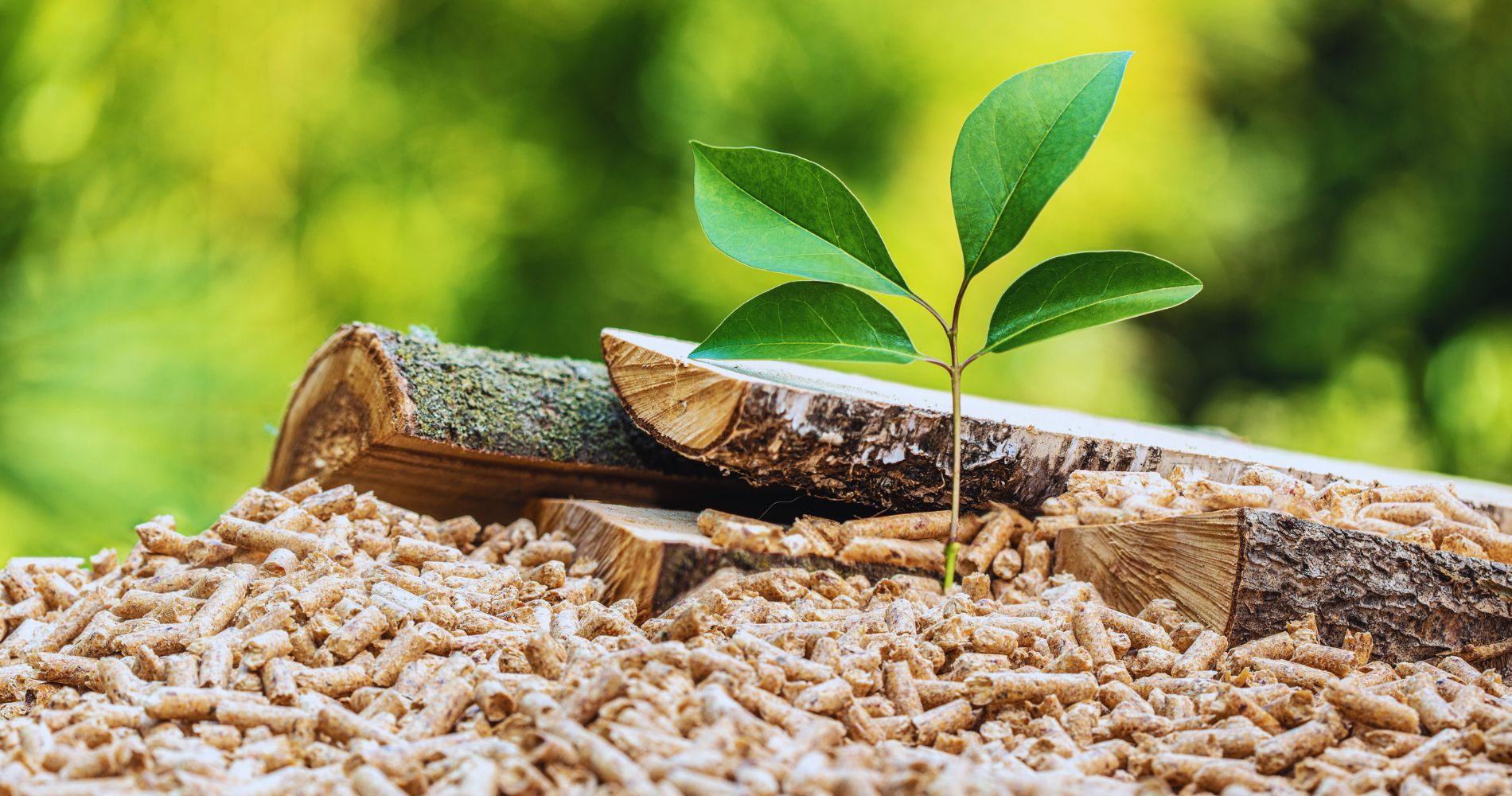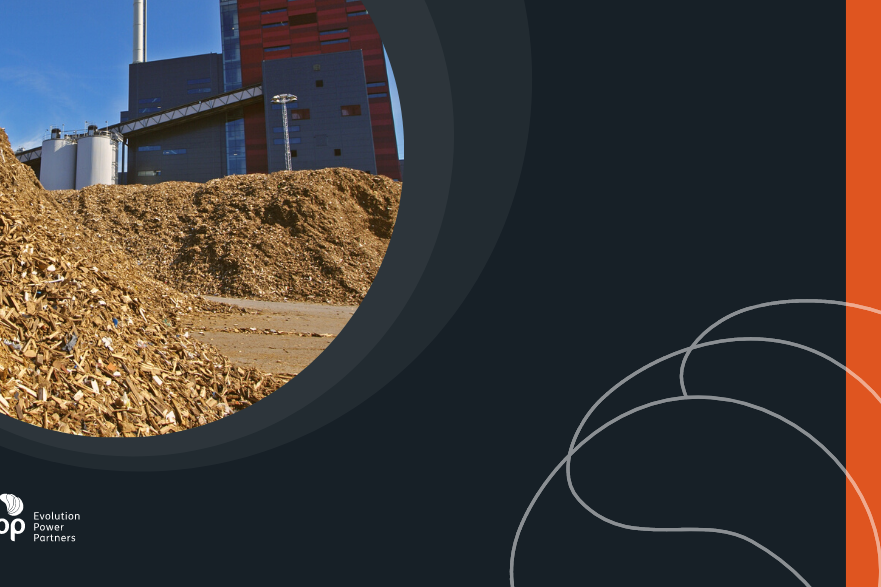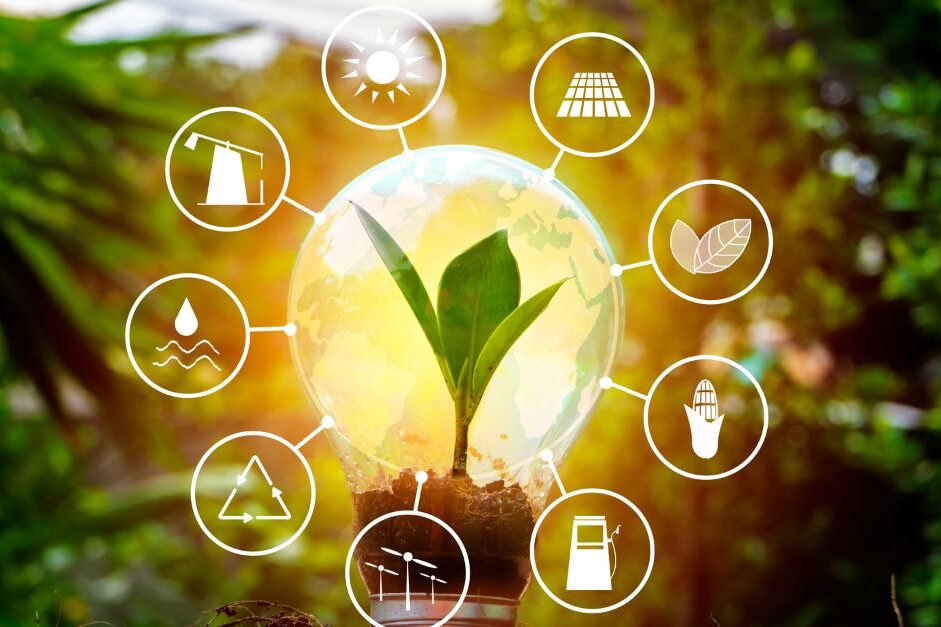In 2023, biomass consolidated its position as one of the main sources of renewable energy in Brazil, contributing significantly to the diversification of the national energy matrix. Its integration into the National Interconnected System (SIN) was driven by the record generation of 3,200 average MW, a milestone that highlights not only the energy potential of this source, but also its relevance for the country’s energy security and environmental sustainability.
This year was marked by a challenging energy scenario, with Brazil facing the need to increase its energy generation capacity while committing to sustainability objectives. Biomass, coming mainly from sugarcane bagasse, but also from other sources such as forestry and urban waste, has proven to be a viable and strategic alternative. It not only offered a solution for generating clean energy, but also contributed to the reduction of greenhouse gas emissions, aligning with the country’s international commitments in terms of climate change.
Technological Advances and Efficiency in Biomass Generation
The record biomass generation in 2023 was largely influenced by significant technological advances in the conversion of waste to energy. Gasification, pyrolysis, and co-combustion technologies, among others, received substantial investments, which allowed not only to increase the efficiency of energy conversion, but also to expand the range of materials that can be used as a source of biomass. These technological advances are essential for increasing the competitiveness of biomass in relation to other energy sources, both in terms of cost and environmental impact.
Socioeconomic Impact of Biomass Generation
In addition to the environmental aspect, the expansion of biomass generation in the SIN in 2023 had a significant socioeconomic impact, promoting regional development and creating employment opportunities. The biomass production chain, from waste collection to energy generation, involves a wide range of activities that contribute to economic growth, especially in rural areas. The strengthening of this sector has also stimulated partnerships between the public and private sector, promoting research and development of new technologies for generating energy from biomass.
Challenges and Public Policies for Biomass Expansion
Even though biomass reached a record generation in 2023, the sector faces challenges that need to be overcome for its potential to be fully explored. Issues related to waste supply logistics, the sustainability of raw material production and the need for continuous technological advancement are critical. Public policies aimed at encouraging energy generation from biomass, such as financing with reduced interest rates, subsidies and tax exemptions, are fundamental to overcoming these obstacles and ensuring the sustainable expansion of the sector.
The Future of Biomass in SIN
Looking to the future, biomass is positioned to play an even more relevant role in Brazil’s energy matrix. Continuous research and development of more efficient and less polluting technologies, together with an incentive policy aligned with sustainability objectives, can significantly increase the contribution of biomass to the SIN. The adoption of sustainable agricultural practices, the optimization of waste logistics and the development of markets for biomass-derived products are key areas that can further boost the sector. Furthermore, the integration of biomass generation with other forms of renewable energy can contribute to the resilience and efficiency of the Brazilian energy system.
Biomass has a crucial role to play in Brazil’s transition to a low-carbon economy. As the country advances in its sustainability agenda, energy generation from biomass presents itself not only as a solution to energy demand, but also as a strategy for mitigating climate change, promoting energy security and promoting sustainable socioeconomic development. The success achieved in 2023 is indicative of Brazil’s ability to lead in the implementation of renewable and sustainable energy solutions, establishing a model for other countries to follow.
Through this detailed analysis, it is evident that the contribution of biomass to the SIN in 2023 has not only set a milestone in clean energy generation in Brazil, but also paved the way for future innovations and developments in the renewable energy sector. Continuing efforts in research, development and implementation of support policies will be essential to ensure that biomass continues to play a vital role in the Brazilian energy matrix, contributing to a more sustainable and resilient future.






